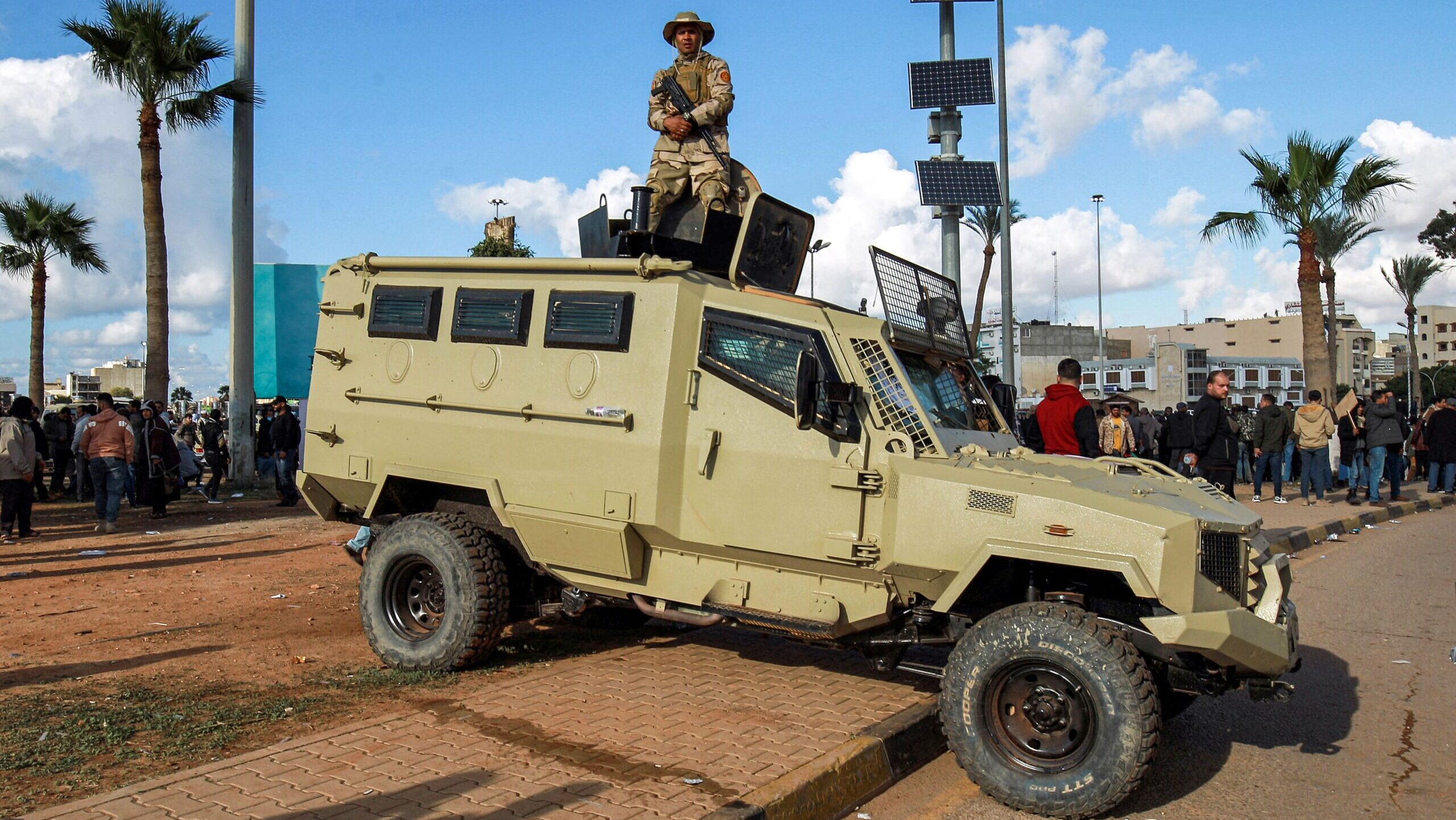UN Officials Warn of Further Instability in Libya Without Elections Soon
The United Nations’ top officer in Libya issued a dire warning to the Security Council on Tuesday, asserting that the political, military, and security situation in the North African country has significantly deteriorated and that “the status quo is not sustainable.”
Stephanie Khoury serves as a senior political affairs officer for the United Nations Support Mission in Libya, a nonmilitary body that was created in the aftermath of the 2011 Libyan civil war and NATO-led bombing campaign that led to the ousting of longtime dictator Moammar Gadhafi.
“In the absence of renewed political talks leading to a unified government and elections, you see where this is heading—greater financial and security instability, entrenched political and territorial divisions, and greater domestic and regional instability,” she noted.
This holiday season, give to:
Truth and understanding
The Media Line's intrepid correspondents are in Israel, Gaza, Lebanon, Syria and Pakistan providing first-person reporting.
They all said they cover it.
We see it.
We report with just one agenda: the truth.


The country has long been divided into rival administrations based in the east and west, both backed by varying foreign actors, including governments and militias.
In 2021, Prime Minister Abdul Hamid Dbeibah, who oversees the Tripoli-based western government, failed to hold elections and has since refused to step down, leading the east-based parliament to appoint their own prime minister in response.
In the east, power largely rests with Khalifa Hifter, commander of the Libyan National Army.
Last month, Hifter ordered the military to close the Sharara oil field, the country’s largest, sparking widespread economic concerns. On the political front, the east-based parliament voted to outright terminate the mandate of the Government of National Unity, which was summarily rejected by political leaders in the West.

